Africa must rope in private sector in funding HIV Programs
With the discourse on funding for HIV programs being dominated by the Government and donor partners, a leading Malawian researcher says involving players is critical through innovative means such as taxes and levies.
While countries such as Zimbabwe came up with the innovative AIDS levy, it has been an envy of many African countries.
Professor Ann Maureen Phoya while addressing the media at an ICASA press conference Wednesday said the private sector should be roped in the HIV response financing.
“We also need to raise money through the private sector because we have a blossoming private sector in our countries. Let us involve them,” she said.
She also said there is need to come up with a robust health insurance scheme to reduce out of pocket expenditure.
“But we are also asking that we need to come up with social health insurance so that we should have financial protection because if you have to pay money from your pocket every time you are sick, it means you are going to face financial ruin and we need to put in some levies or taxes on certain things, for example, tobacco,” Prof Phoya said.
She also proposed sin taxes where harmful substances such as tobacco and alcohol are levied. Prof Phoya also urged proper governance and use of these monies.
“We know tobacco is not good for health. Alcohol is not good for health. So these things we must put a levy on it so that the money that we get we can put into health. But I was also requesting the governments that when we raise this money, it must be taken care of properly. It should not end up in corruption.
“We all know what corruption is all about. So when we have raised this money through taxes, social insurance, and what would lead us to finance issues for health care for HIV,” she said.
She also bemoaned that when African countries miss the Abuja target of 15 percent, the heavily affected HIV communities such as the adolescent girls and young women will lose out resulting in the elimination of HIV being an impossible target to reach.
“Firstly, we’ve noted that the youth, especially the adolescents and the young women, are the ones that we are recording high numbers of new infections, meaning that we need to do more to make sure that we are protecting the adolescent and the youth.
“The burden is quite heavy here in sub-Saharan Africa compared to our colleagues in the global West. The challenge that we have, which specifically I was addressing in my presentation, was that one, we don’t have enough finances because our governments have not fulfilled their obligation, an obligation which they signed in Abuja more than 10 years ago,” Prof Phoya said. “The declaration was that each government must put in 15% of their budget for health. So we are requesting through this conference this year, ICASA 2323, that we go back to our national governments and advise them and ask them that they need to give us this 15% if we have to do well.”
Prof Phoya added, “ But like I mentioned that the adolescent and the young woman are the ones that are heavily affected. So those of us that are in programming, let us make sure that we have programmed this money to make sure that it reaches the adolescent child and the young girl.”
Credit: Kuda Pembere, HealthTimes


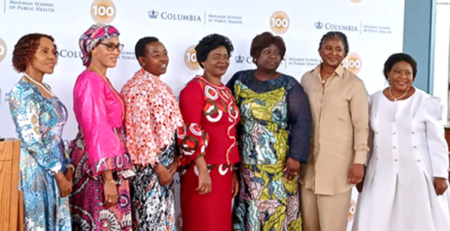
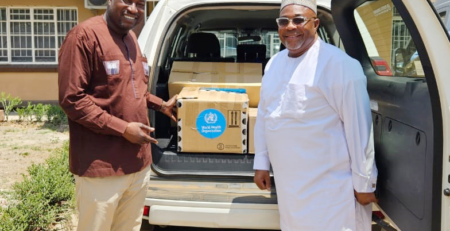
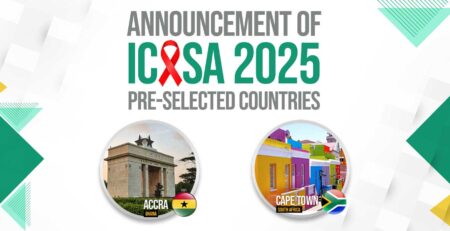
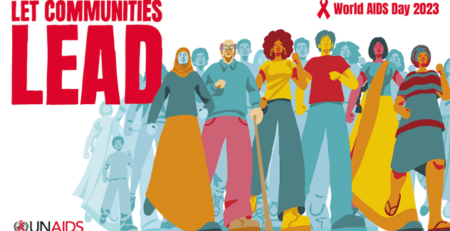

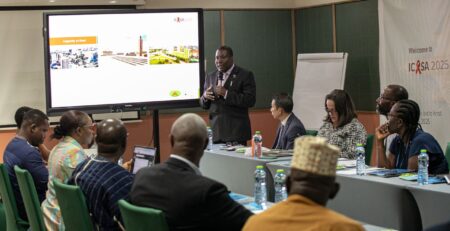
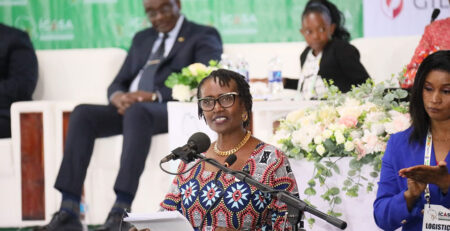


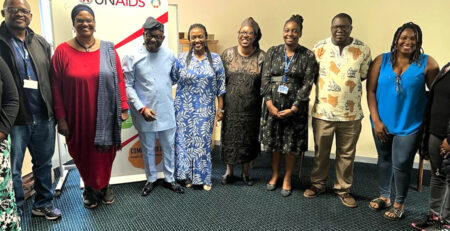
Leave a Reply